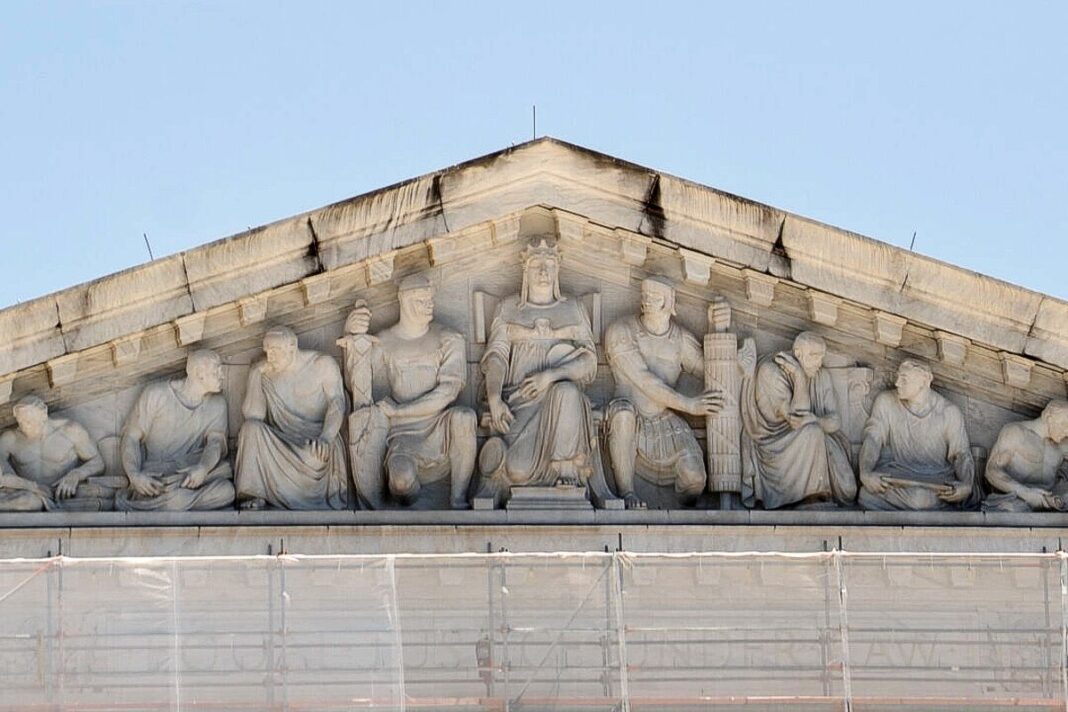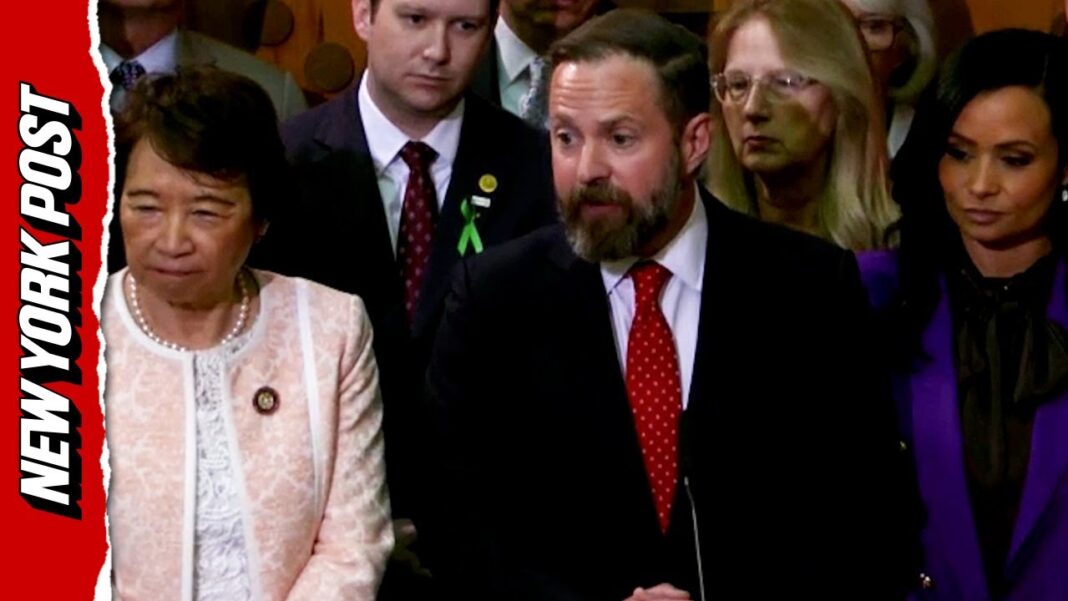The justices previously heard the case in March and decided in June that another hearing was needed.
The Supreme Court has changed the focus of an upcoming redistricting case, ordering attorneys to present arguments about whether the creation of a second black-majority congressional district in Louisiana is constitutional.
A ruling striking down the district at issue could force lawmakers nationwide in the future to scale back the use of race in the redistricting process.
The outcome of the Supreme Court case could also have an impact on the balance of power in the federal legislative branch. Currently, Republicans maintain a thin majority over Democrats in the U.S. House of Representatives. The seat in dispute in Louisiana is currently held by a Democrat.
The justices issued the new order on Aug. 1. No justice dissented. The new oral argument in the consolidated case of Louisiana v. Callais and Robinson v. Callais has not yet been scheduled.
The Supreme Court heard oral arguments in the case in March, but in June it declined to issue a decision. Instead, without explanation, the court ordered that the case be reargued in the upcoming term that begins in October.
Justice Clarence Thomas dissented from the court’s decision not to issue an opinion, saying the court had an obligation to resolve the case promptly.
In the case, a federal district judge previously ruled that an earlier version of the map, which provided for one black-majority congressional district, discriminated against black voters, who constitute nearly one-third of the state’s population. The judge ordered the state to create a second black-majority district after finding its failure to do so likely violated Section 2 of the federal Voting Rights Act.
Section 2 prohibits voting practices or procedures that discriminate based on race, color, or membership in a large language minority group. Courts have held that in certain circumstances, the Voting Rights Act permits states to take race into account when drawing electoral boundaries, but maps drawn explicitly based on race are unconstitutional.
A group of non-black voters sued, arguing the map discriminated against non-blacks. They said the map “engaged in explicit, racial segregation of voters.”








